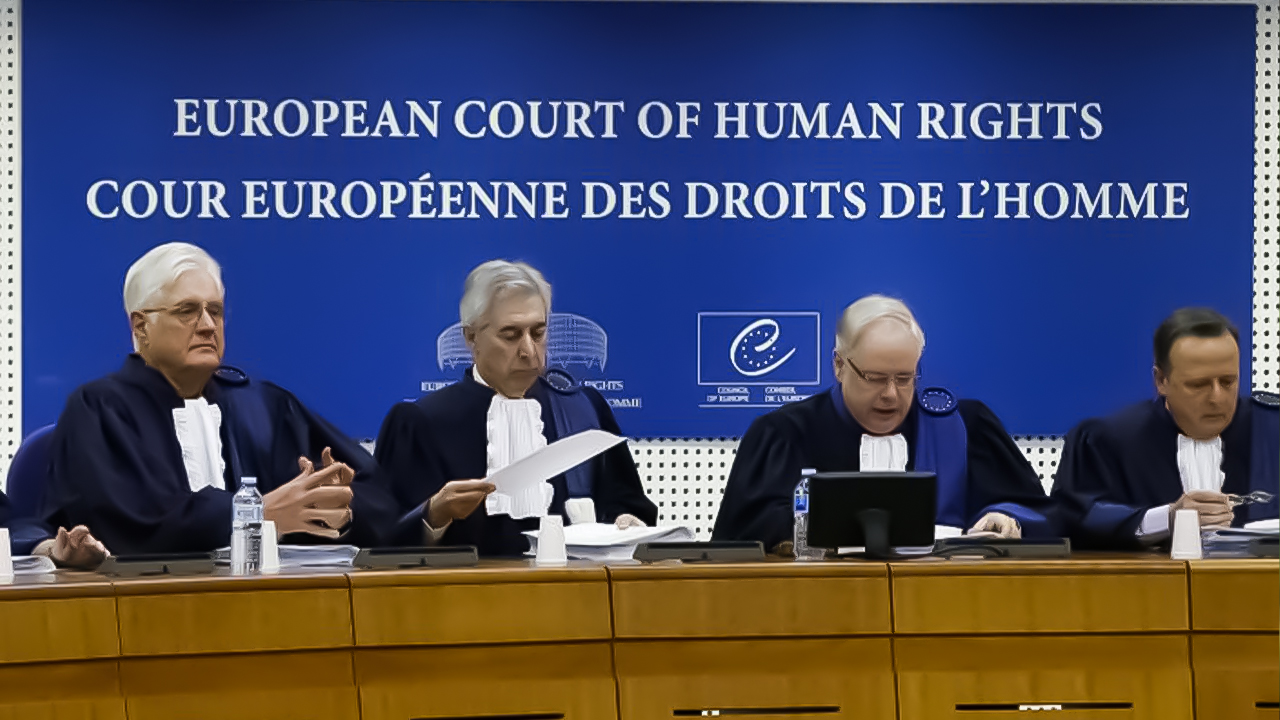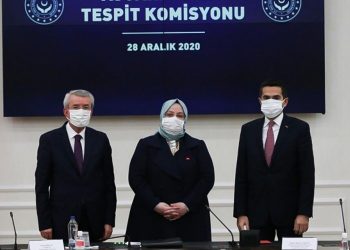By Ateş Alpar
We interviewed documentary filmmaker Selim Yıldız about his films Bîra Mi’têtin/I Remember (which focuses on the Roboski massacre) and Dialog/Dialogue. Yıldız also spoke about the current situation of Kurdish cinema, the role of documentary cinema in Turkey, film festivals, and the challenges of documentary film making.

Your second film, Bîra Mi’têtin/I Remember – about the Roboski massacre – was excluded from the Ankara Film Festival at the last minute due to a lack of registration documents. Do you see this act as a form of censorship? Why did your movie face such a situation?
The stories we want to tell in cinema are more important than the decisions of the governments, organizations, and communities about these movies. I will tell stories and continue to do so. They will be submitted for screening, but in the end, they will ban movies that they do not like. This registration document issue ended with this ban. I will ask for permission only from the person that I am making the film about.
The Ankara Film Festival chose the film, then removed it because of this document, and applied and did what the Ministry of Culture told them to do. The film festival organisers did not back me. Afterwards, I did not send any films to that festival. I thank God I still haven’t sent any yet to them. Frankly, I no longer worry about censorship, prohibitions, etc.
They dragged the bodies of filmmakers behind the tank. They burnt Islam (Islam Balıkesir) when he was alive with his camera in the basement of Cizre in Turkey. We have bigger problems. Are we going to stop filming and documentary filmmaking because they prohibit it? On the contrary, we will work harder to tell these powerful stories through cinema.
What difficulties did you encounter while filming Dialog/Dialogue? What can you say about the place and importance the film has to you?
The film Dialog/Dialogue is about my mum, my heart. It is not only a film: it is the story of what we have been living through for 12 years. We are living through a war that lasts longer than our lives. Think about it: your brother is in a war. You wake up with that every morning. The same story repeats itself when you go to sleep: you see nightmares about the war.

Every day you check whether your brother’s name is in the list of the names of people who have lost their lives. I’d say dying is a better choice than living this way between life and death. There is a hope that, perhaps, one day the guns will be silent. That people will stop killing each other; that we can actually hug each other before we die. I cannot imagine the trauma my mother and father have gone through, given how I myself feel over this situation. My father has been estranged from us, the house we lived in with my brother, those doors, those walls, this world, and everything for 12 years. He has been crying silently alone for 12 years with intense sorrow and pain. It is not easy to live with the pain of war every day.
My mother suffers too, but my mother is a very strong woman, as expressed in the movie. Her rebellious side outweighs everything else. Dialog/Dialogue expresses and provides insights into the true stories of hundreds of thousands of mothers, fathers, siblings, and our situation and geography.
Regarding the difficulties that I have encountered, let me say this: I have made three films. I have faced death whilst making all three films. I reached moments where I was almost going to die but then didn’t die, at the last moment. It was not easy to get through borders and the wars to finish the films. I shot Dialog/Dialogue through the regions where there was a big war taking place. I passed through regions where Popular Mobilization Forces (PMF) and the Islamic State of Iraq and Syria (ISIS) were the controlling powers there.
Many people say the Kurdish cinema is “dark”. Do you agree with this assessment and what are your views about the current situation?
Kurds fortunes are dark if you look at their history, geography, the current state of things. Kurds have been present in this geography for years. When we look at it from this perspective, of course, we would like to shoot films with happiness, if we were happy, of course. As for myself, I want the audience to feel uncomfortable when they watch my films. These stories which I show, which I project and reveal, should touch people. They should raise awareness.
Kurdish cinema is fairly recent; it is not fair to criticize it too harshly given these contexts and circumstances. Hungarian director Bela Tarr started making films at the age of 16. When I was 16, there was not even a TV in our house. After all our social problems are solved, the Kurds I know will also shoot the best comedy movies. This has already been happening to a degree in recent years.

Why do you make documentaries? What do you think about the current situation regarding documentary cinema in Turkey?
There is nothing else I know other than documentary cinema. If you have or see a problem, you want to tell a story through images. That’s exactly what I do. We have very powerful stories to tell and our task is to bring these powerful stories to the cinema. Directing a documentary is not such a prestigious job as it seems from the outside. It brings with it a lot of historical responsibility. Documentary cinema in Turkey is treated as a stepchild in the field of cinema. It has a very, very small but very significant and loyal audience. Documentary film festivals have been organized in many countries of the world for around 50-60 years. There is not even a category for this at most film festivals in Turkey.
Do you face financial difficulties when making documentaries?
It is a problem faced by all documentary filmmakers who are not on the same side as the state politically. We experience problems when we distance ourselves from the state, but we also have our supporters and those who appreciate what we do. I have several donors who fund me. I speak to all my friends as I start each new documentary. Thanks to them, I say I have ideas, stories and they support me financially. Otherwise, it would not be possible to produce my documentaries. Once we have faced the state, it is not possible to stop or go back.

















